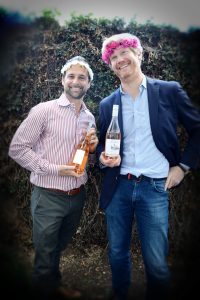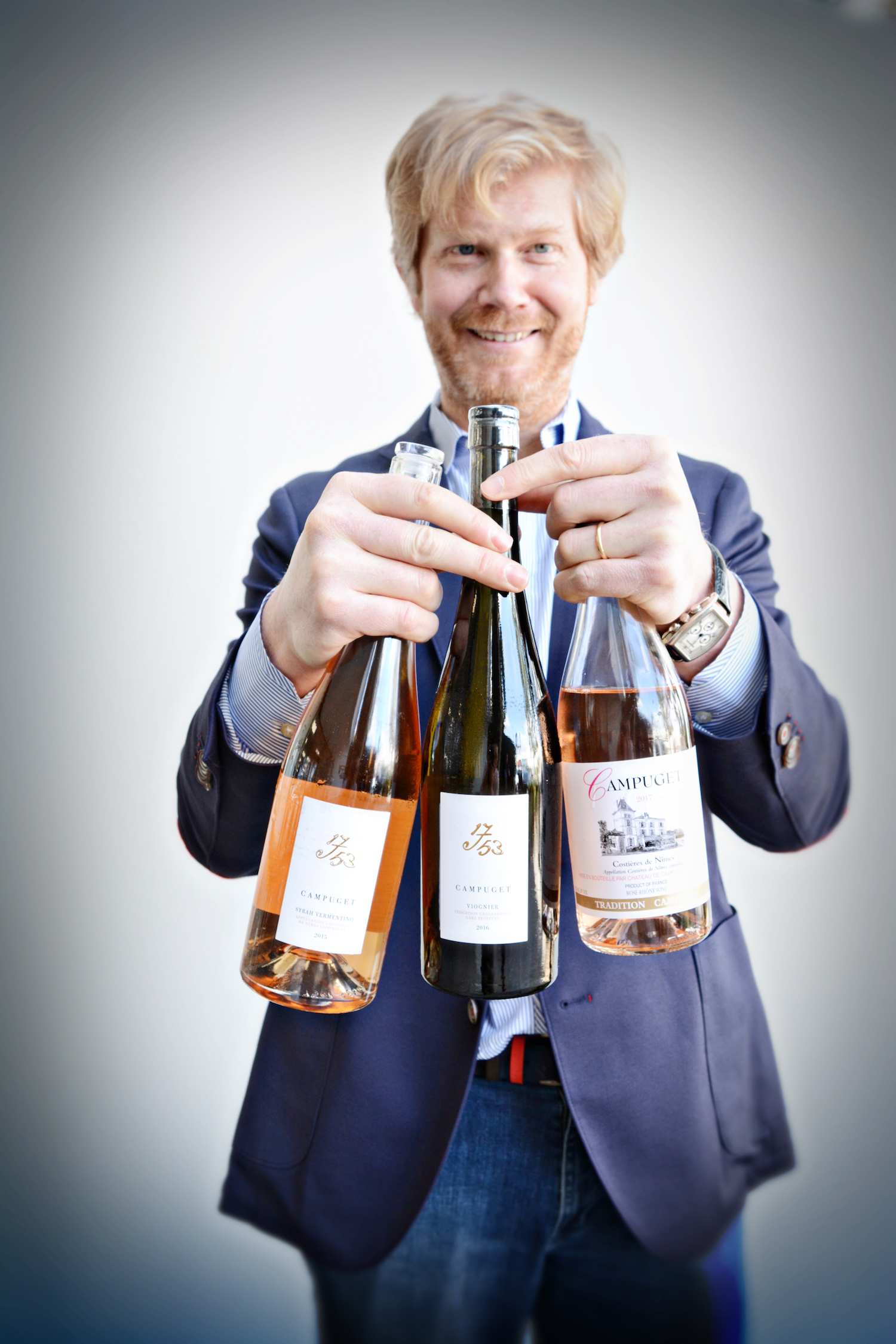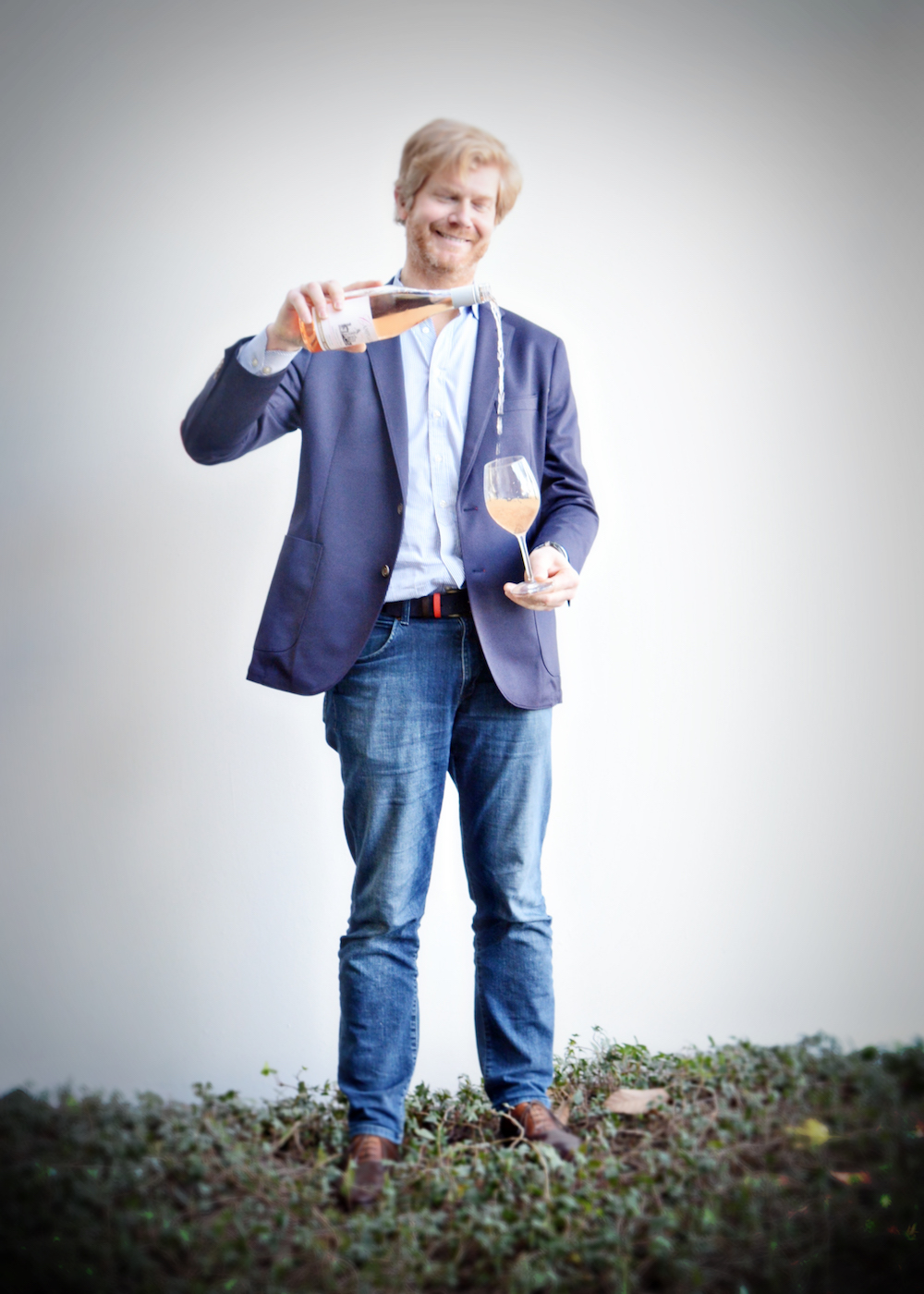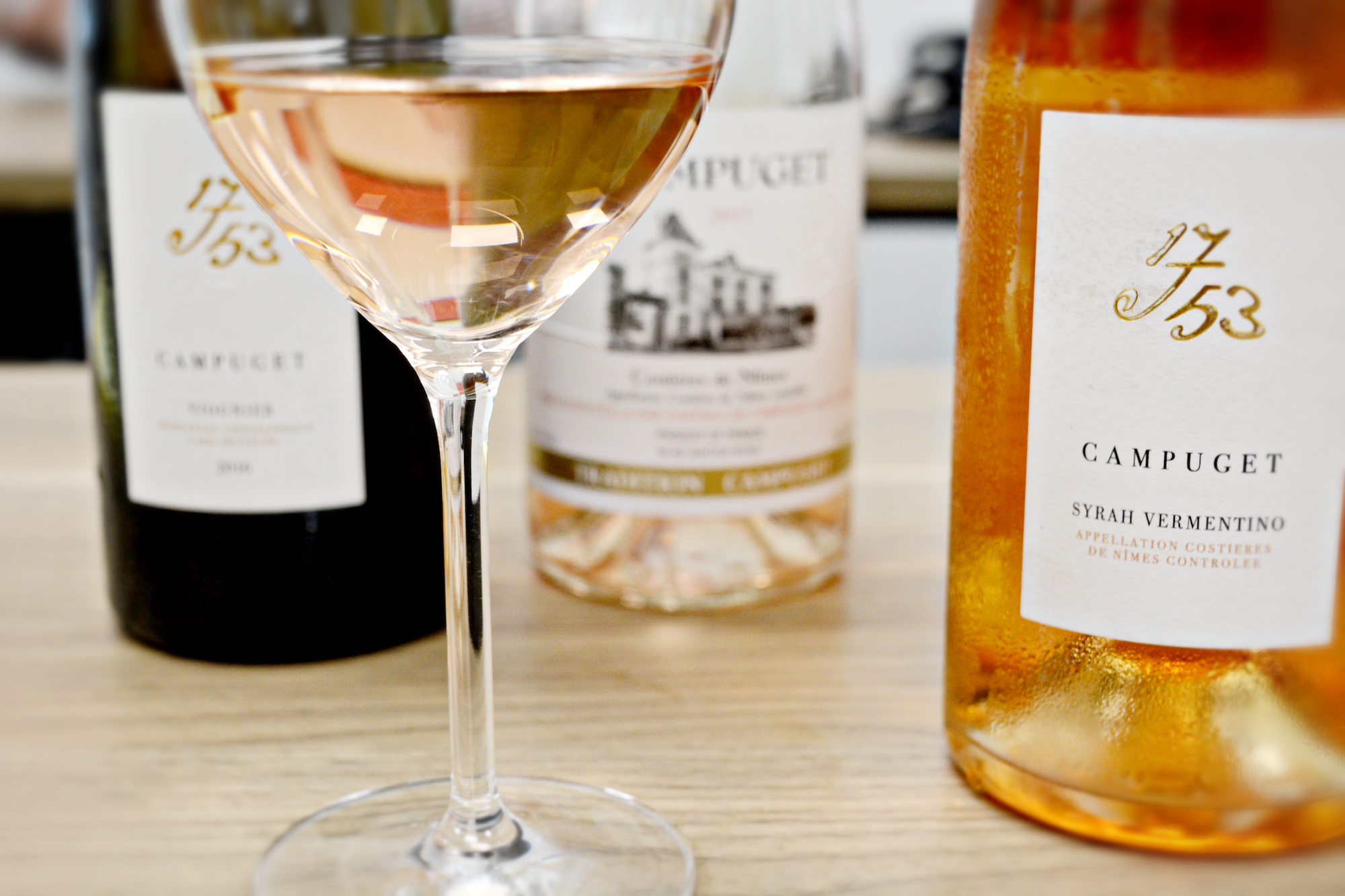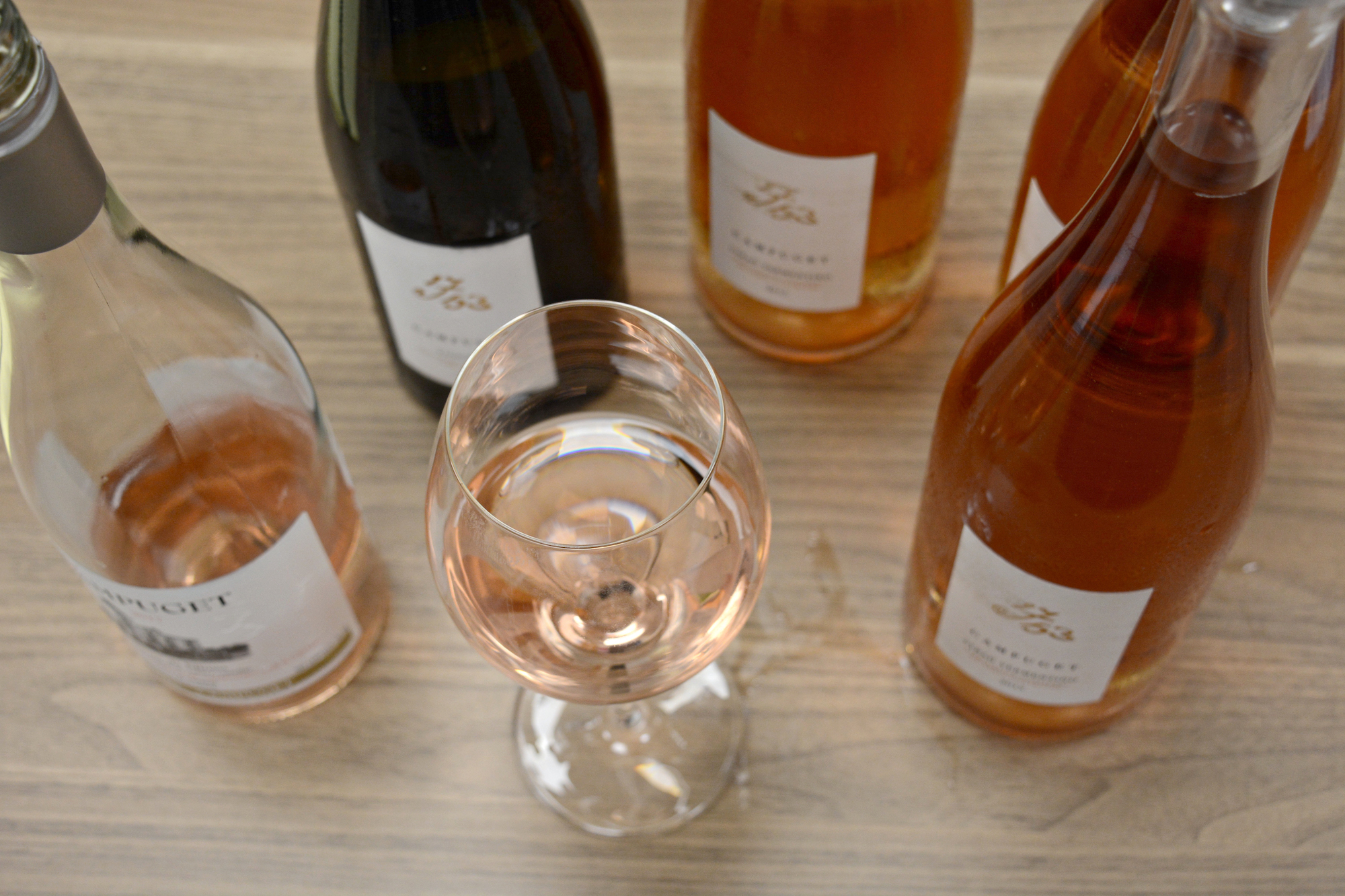You mentioned before how you tasted wine when you were three, four years old. Are you sharing that experience with your own daughters? Are they having their first sips?
Of course. My daughters taste wine, not on a daily basis but very often they taste wine, and they ask for it. The funny thing is – when [we] started, in the beginning, I told them, “Taste it.” Now they ask, “Dad, can we taste it.” We build and we educate like this.
Let’s talk about rosé. In America and California especially, rosé is everywhere. These slogans, rosé all day, you see them on social media all the time. People wear shirts that say this, and hats, and it’s on their phone covers. It seems like this big phenomenon that’s gotten so trendy. But in France, rosé has been around for a long time and it’s actually an old world wine. Can you talk about rosé’s history and why you think it’s so popular now?
In the south part of France you know, the weather is very warm. From May to September, it’s crazy warm. Rosé was a way to give a drink to people working in the field to decrease the painful job they had. They were drinking rosé. Less than 20 years ago, people were allowed to drink rosé during work in the field and the vineyards. It was truly a part of the daily life and the work.
The reason why people were able to drink it easily is because of course [its cold], but you have freshness, you have a little bit of fruit. It’s easy to drink. It slowly but surely became a drink coming out of a simple drink.
When you see young people drinking rosé, they realize rosé is the right entrance to the wine world. Tannins are very soft, you have a little bit of fruitiness, a nice acidity. For me it’s a perfect entrance to the wine world. Once you get in, you realize you can have plenty of different rosés to enjoy every day. That’s why you have some rosé all day.
What’s something about winemaking that you’ve learned that you wish other winemakers learned too?
For me, the wine is a drink. This is something we should never forget. Sometimes [when] I drink wine, I can put a spoon in it, and it’s thick, rich, jammy. I will have an experience with one glass and it will be an experience.
When I said wine is a drink, it’s because after one glass, if I want a second one, if I want a third one, if I want a bottle of it, this is fantastic. I think all winemakers should be reminded of this. We are making wine, as a drink, but as a noble drink, and it should always be [easily] drinkable. This is very important.
What makes Campuget a noble drink?
There is truly a link between the soil, the vine, and the drink. We try to respect our soil, we try to respect our vines, to let them produce the best fruit possible, and we try to take care during the winemaking. This is fully a wine process production where we respect everything. That’s why it’s noble.
We respect the environment, we respect the people working on the property, and we are working with great people who are representing our wines everywhere. Saying that, we try to make a process with respect to the fruit. We try to make an elegant rosé, fresh, dry, that you can enjoy easily. Altogether, it makes it a noble rosé and a noble wine.


